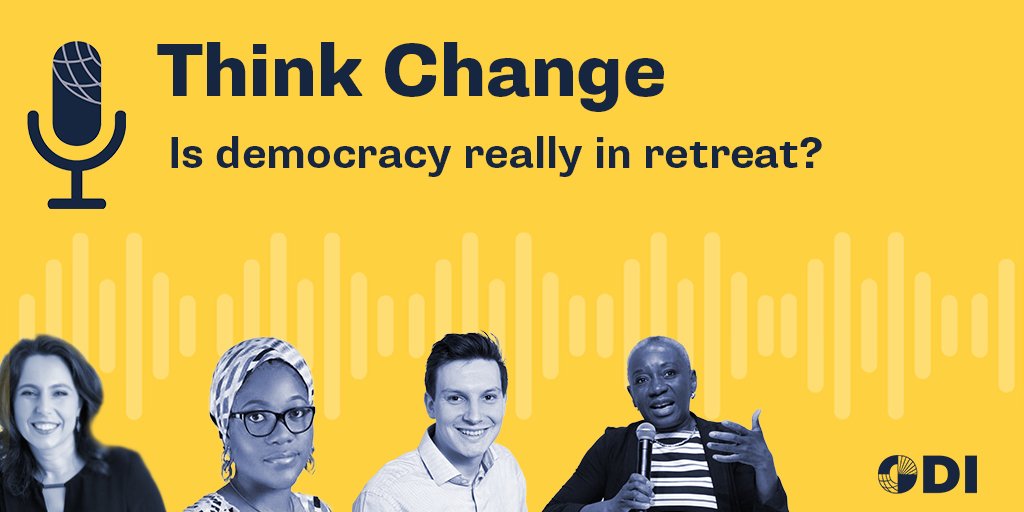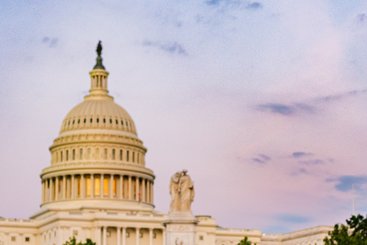On the face of it, the global outlook for democracy looks pretty bleak. Democratic norms are eroding all over the world. According to International IDEA, ‘half of the world’s democracies are in retreat’.
In Tunisia we have seen President Saied dismiss parliament and re-write the constitution. In Hungary, President Orbán has packed the courts and attacked the press. And in the US, Trump refuses to accept the results of an election he lost, inciting an insurrection to overturn them.
Against this backdrop, and of course Russia’s invasion of Ukraine, the US recently co-hosted the second Summit for Democracy to bring attention to the threats it faces.
But will the promises made at the summit hold any weight, or was this more about geopolitical interests? And what can the US and allies do to effect democratic change abroad given the challenges they face at home?
This episode explores these questions, and asks whether the whole notion of 'democratic backsliding' is a Western lens that ignores more diverse and innovative processes of political change.
Speakers
- Sara Pantuliano (host), Chief Executive, ODI
- Idayat Hassan, Director of the Centre for Democracy and Development, Abuja
- Sandra Pepera, Director for Gender, Women and Democracy at the National Democratic Institute, Washington DC
- Samuel Sharp, Senior Research Officer, Politics and Governance, ODI
Related resources
- Civic space: shrinking or shifting? (ODI)
- Politically smart support to democracy: staying the course in the long road (ODI)
- Influencers and incumbency: digital disinformation and discontent in Nigeria's Presidential elections (ODI)
- Understanding and responding to global democratic backsliding (Carnegie Endowment for International Peace)
- State of Civil Society report 2023 (Civicus)
- Global State of Democracy Report 2022: forging social contracts in a time of discontent (International IDEA)
- You can't eat democracy (Ken Opalo blog)






